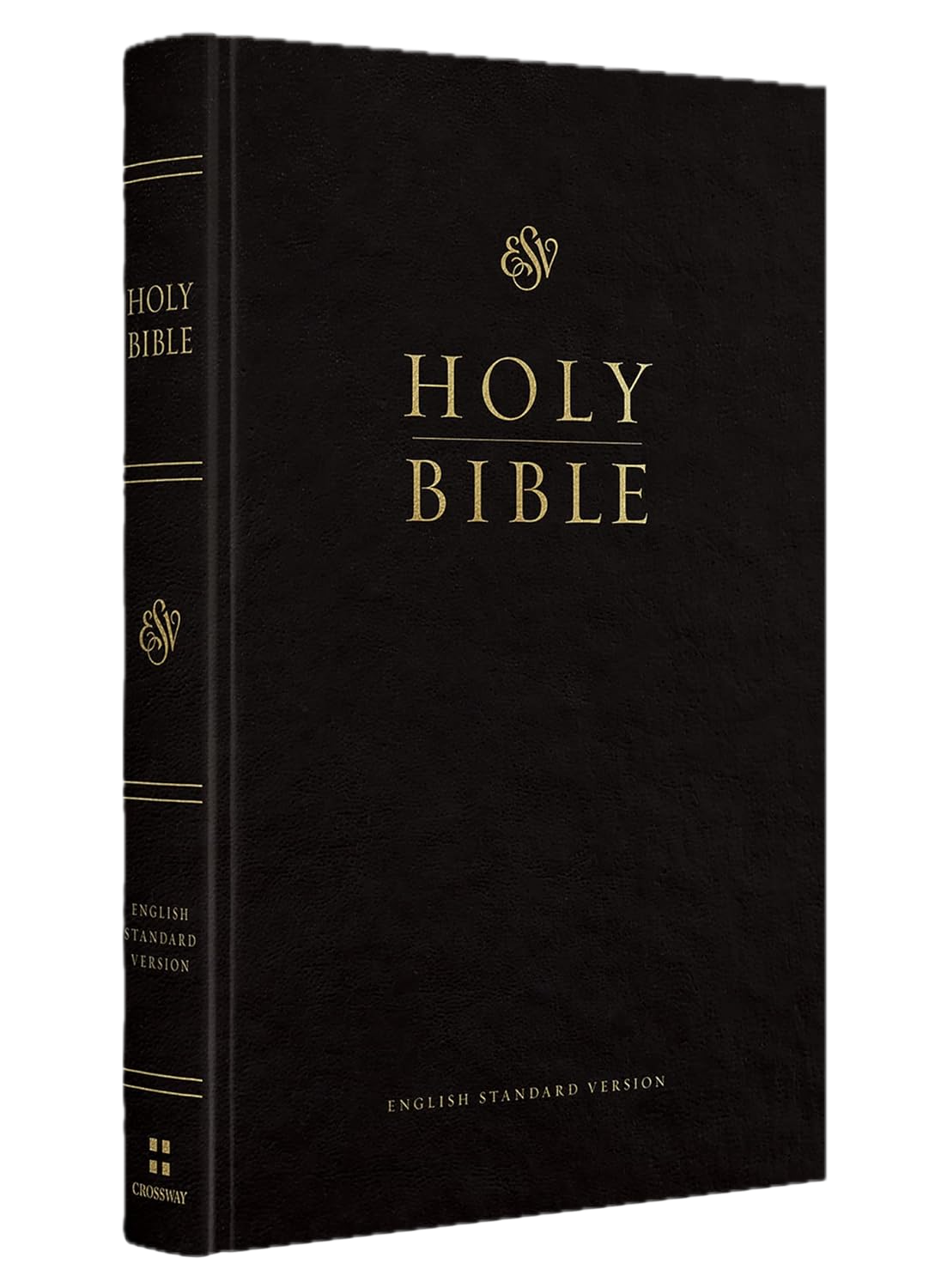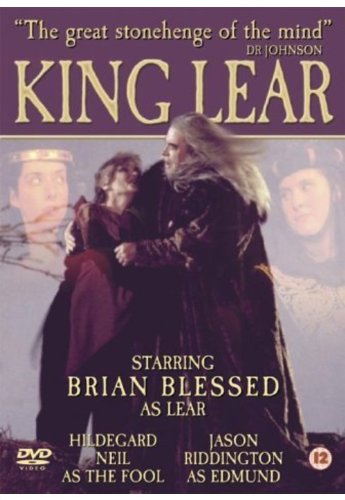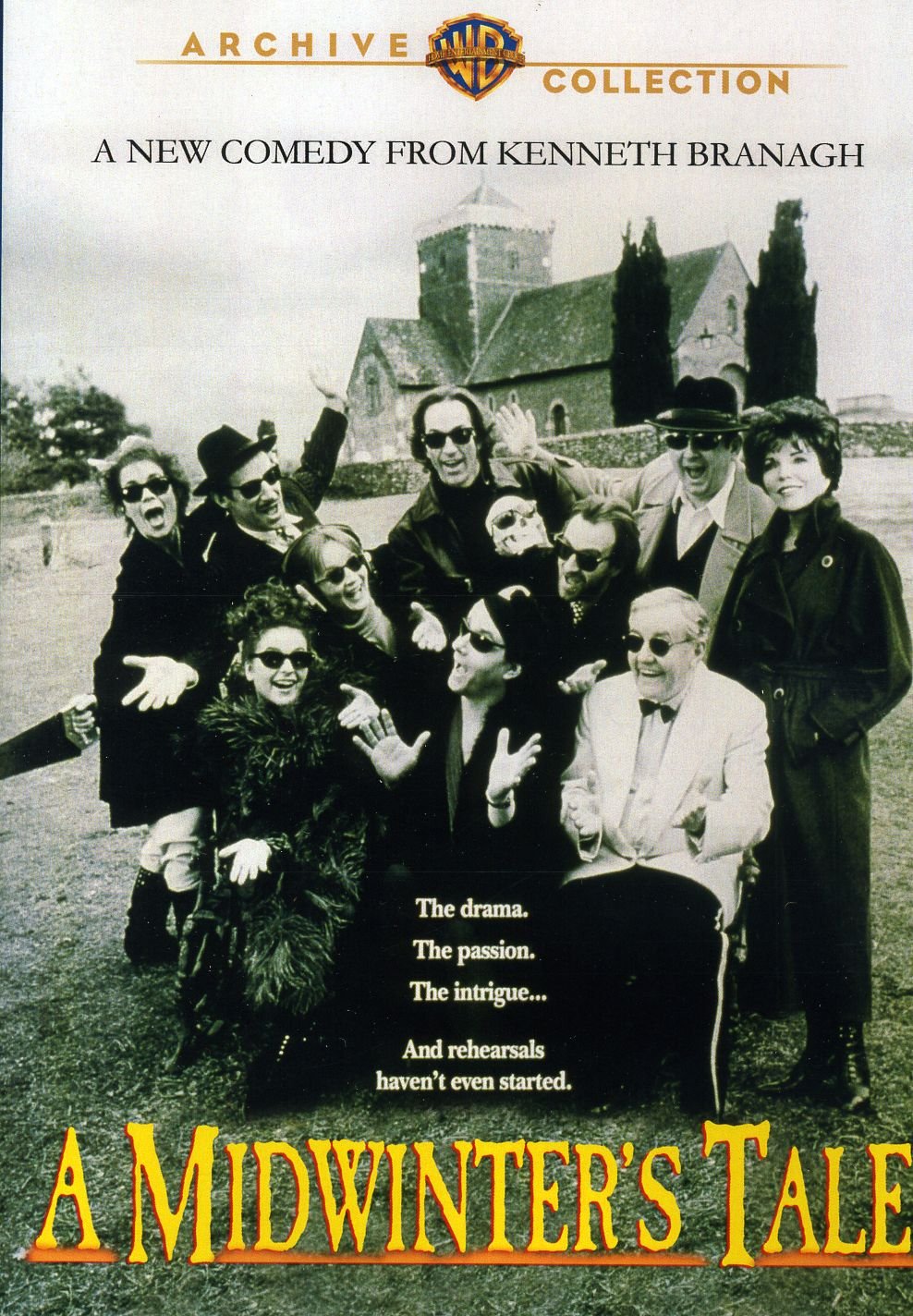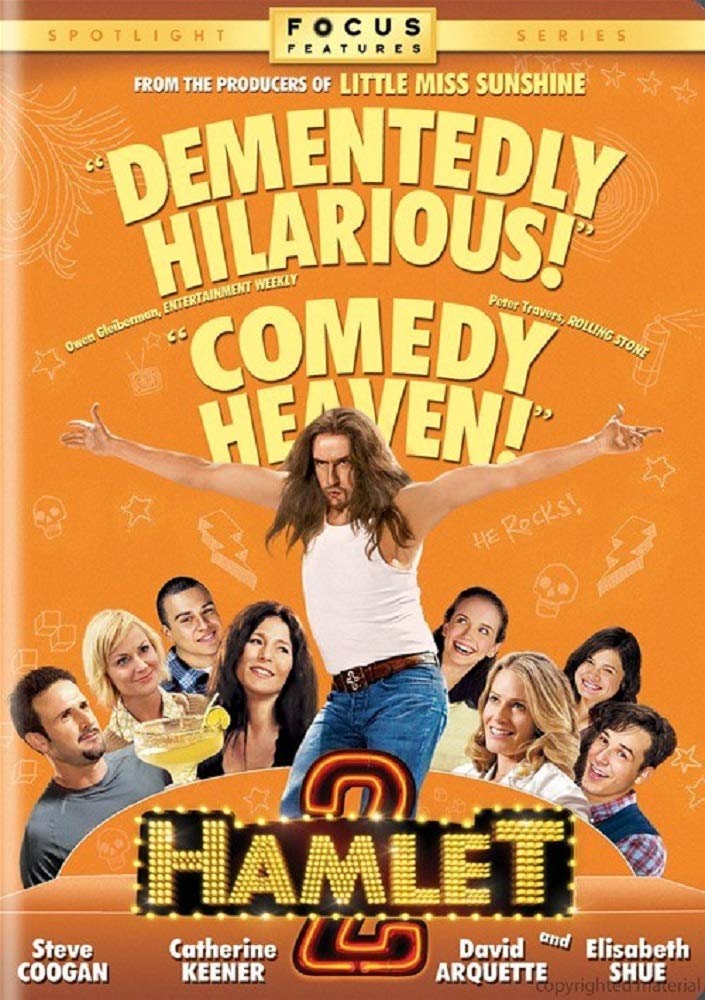 The Holy Bible: English Standard Version. Wheaton: Crossway, 2007.
The Holy Bible: English Standard Version. Wheaton: Crossway, 2007. Shakespeare never merely allegorizes biblical figures or passages, but, occasionally, a passage from the Bible and a passage from Shakespeare seem to deeply related. This passage from Job seems to have been transmuted into one of Lear's more famous scenes, if not to any specific speech.
Here's Job 23:5-8:
And here's part of Lear III.iv that seems to point toward that.Behold, like wild donkeys in the desert
the poor go out to their toil, seeking game;
the wasteland yields food for their children.
They gather their fodder in the field,
and they glean the vineyard of the wicked man.
They lie all night naked, without clothing,
and have no covering in the cold.
They are wet with the rain of the mountains
and cling to the rock for lack of shelter.
It's impossible to calculate the exact degree to which Shakespeare was indebted to the Bible (if "indebted" is even the right term), but it's clear that he had imbibed vast portions of the Bible over a vast range of time. If you read enough of both of them, you start to get a sense of how much reading either gives you more of the other.Why, thou wert better in thy grave than to answer with thy uncovered body this extremity of the skies. Is man no more than this? Consider him well. Thou owest the worm no silk, the beast no hide, the sheep no wool, the cat no perfume. Ha! here's three on's are sophisticated! Thou art the thing itself: unaccommodated man is no more but such a poor bare, forked animal as thou art. Off, off, you lendings! Come, unbutton here.



























.png)





















